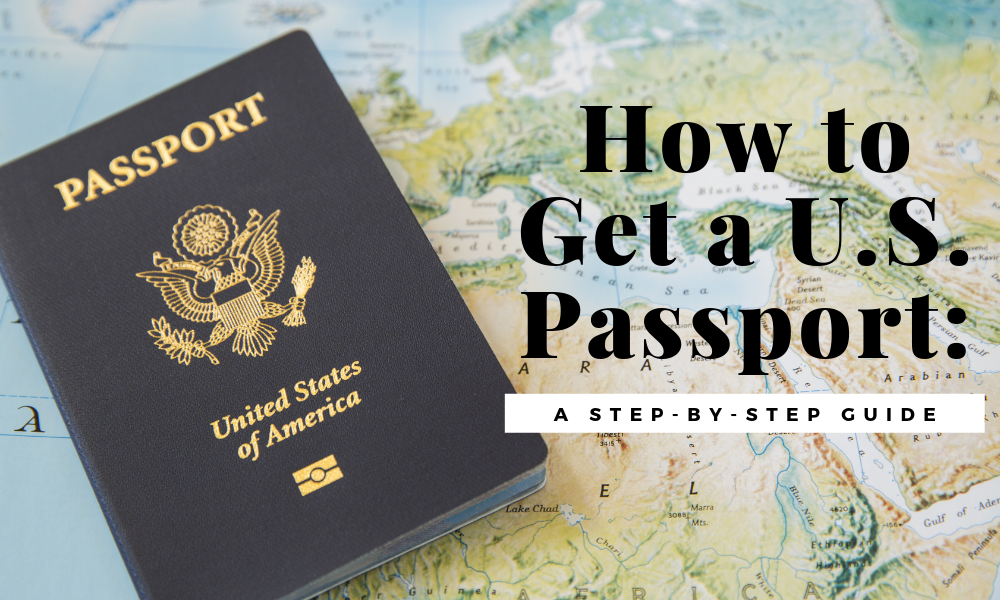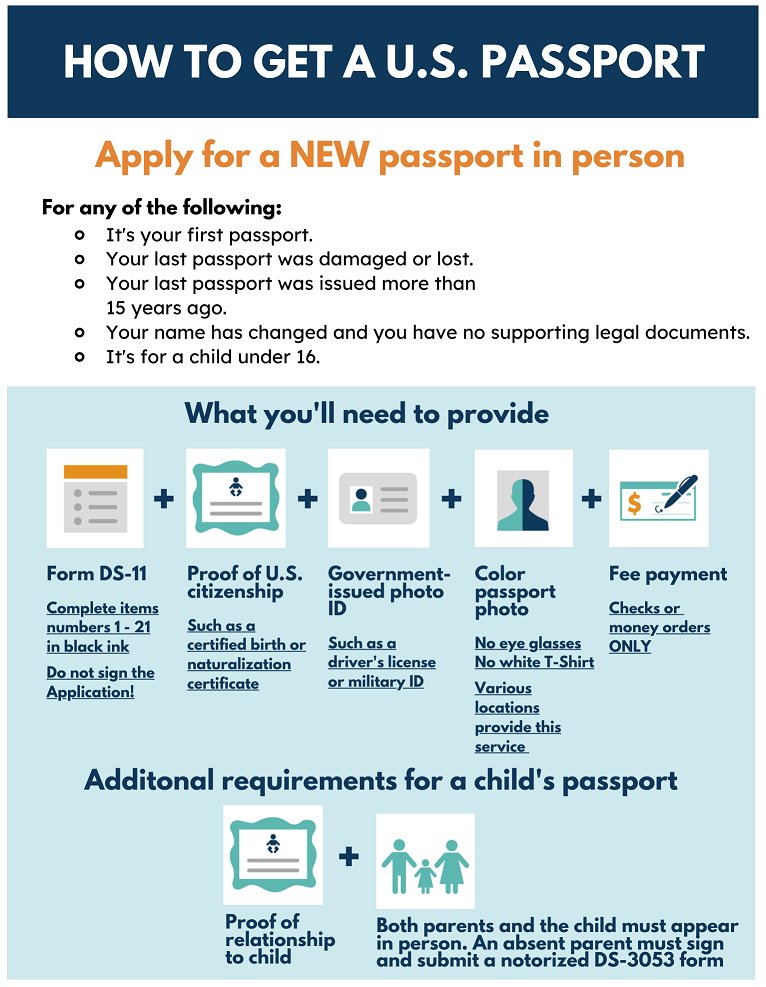If You Owe The Irs Can You Get A Passport
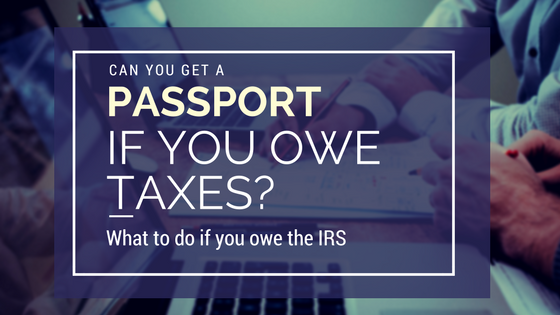
Imagine the excitement building as you pack your bags, dreaming of sandy beaches or cobblestone streets. Plane tickets are booked, hotels confirmed, and your passport is ready. But then, a nagging thought creeps in: that outstanding tax bill with the IRS. Could it ground your travel plans before they even take off? The possibility looms, casting a shadow over your eagerly anticipated escape.
This article delves into the complex relationship between owing back taxes to the IRS and your ability to obtain or renew a passport. It clarifies the circumstances under which the IRS can prevent you from traveling internationally and offers practical guidance on how to resolve tax debts and safeguard your travel privileges. Understanding these rules is crucial for anyone with tax obligations and a desire to explore the world.
The Law Behind the Restriction
The legal foundation for restricting passport issuance to individuals with significant tax debt lies in Section 7345 of the Internal Revenue Code, enacted as part of the 2015 Fixing America's Surface Transportation (FAST) Act. This provision empowers the IRS to notify the State Department about individuals with seriously delinquent tax debts, potentially leading to passport denial, revocation, or limitation.
What Qualifies as "Seriously Delinquent Tax Debt"?
A "seriously delinquent tax debt" is defined as an unpaid, legally enforceable federal tax debt exceeding $50,000 (as of 2024), including penalties and interest. The amount is adjusted annually for inflation. Importantly, certain situations are exempt from this definition.
These exceptions include debts that are being paid in a timely manner under an installment agreement or an offer in compromise. Debts for which a collection due process hearing has been requested or that are currently under suspension due to innocent spouse relief are also exempt.
The IRS Notification Process
Before the IRS can flag your name to the State Department, it must issue a Notice of Intent to Certify (CP508C) by mail. This notice informs you of the potential passport restrictions and your right to challenge the certification. Receiving this notice is a critical warning sign.
The IRS then certifies your seriously delinquent tax debt to the State Department. Once certified, the State Department generally will not issue or renew a passport. They may also revoke your existing passport.
Navigating the Tax Debt Maze: Solutions and Strategies
If you find yourself in a situation where you owe a significant amount of back taxes, proactive steps are essential. Several avenues exist to resolve your tax debt and potentially avoid passport restrictions.
Installment Agreements: A Path to Resolution
Entering into an installment agreement with the IRS allows you to pay off your tax debt over time in manageable monthly installments. As long as you remain compliant with the terms of the agreement, your debt will not be certified to the State Department.
To establish an installment agreement, you can apply online through the IRS website, by phone, or by submitting Form 9465, Installment Agreement Request. Eligibility is generally based on your ability to demonstrate financial hardship or inability to pay the full amount immediately.
Offers in Compromise: Settling for Less
An Offer in Compromise (OIC) allows certain taxpayers to settle their tax debt with the IRS for a lower amount than what they originally owed. The IRS considers factors such as your ability to pay, income, expenses, and asset equity when evaluating an OIC.
If your OIC is accepted, you'll be required to pay the agreed-upon amount, and the remaining debt will be forgiven. While your OIC application is being evaluated, your debt won't be certified for passport restrictions.
"Currently Not Collectible" (CNC) Status: A Temporary Reprieve
If you can prove to the IRS that you are currently unable to pay your tax debt due to financial hardship, they may grant you "Currently Not Collectible" (CNC) status. While CNC status doesn't eliminate the debt, it temporarily suspends collection actions.
Importantly, being designated as CNC *does not* prevent the IRS from certifying your debt to the State Department for passport restrictions. This option is less effective for protecting your travel privileges than an installment agreement or OIC.
Seeking Professional Guidance: The Value of Tax Experts
Navigating the complexities of tax debt resolution can be daunting. Consulting with a qualified tax attorney, certified public accountant (CPA), or enrolled agent can provide invaluable assistance.
These professionals can analyze your financial situation, explore available options, and represent you before the IRS. They can also help ensure you comply with all requirements and deadlines to avoid passport restrictions.
What to Do if Your Passport is Affected
If you've received a notice that your tax debt has been certified to the State Department and your passport is being denied or revoked, prompt action is crucial.
Contact the IRS immediately to discuss your options for resolving the debt. Also, contact the State Department to understand the specific steps needed to reinstate your passport privileges once your tax debt is resolved.
Remember, resolving your tax debt is the ultimate solution.
Beyond Passports: The Broader Implications of Tax Debt
While passport restrictions are a significant concern, it's important to remember that unresolved tax debt can have far-reaching consequences beyond international travel. The IRS has broad powers to collect unpaid taxes, including wage garnishments, bank levies, and property seizures.
Moreover, unpaid tax debt can negatively impact your credit score, making it more difficult to obtain loans or credit cards. Addressing your tax obligations promptly is essential for maintaining your financial well-being.
Staying Informed and Proactive: A Preventative Approach
The best way to avoid passport restrictions and other tax-related problems is to stay informed about your tax obligations and take proactive steps to manage your finances. File your tax returns on time, pay your taxes in full, and keep accurate records.
If you anticipate difficulty paying your taxes, contact the IRS as soon as possible to explore available payment options. Don't wait until the debt becomes seriously delinquent.
Conclusion
The intersection of tax debt and passport eligibility can feel like a complicated maze, but understanding the rules and available solutions empowers you to navigate it effectively. By taking proactive steps to manage your tax obligations and seeking professional guidance when needed, you can protect your travel privileges and ensure your financial stability.
Remember, while owing the IRS can impact your passport, it doesn't have to derail your dreams of seeing the world. With diligence and the right approach, you can resolve your tax debt and look forward to your next adventure with peace of mind. The world awaits, and a little financial responsibility can help ensure you're able to explore it.







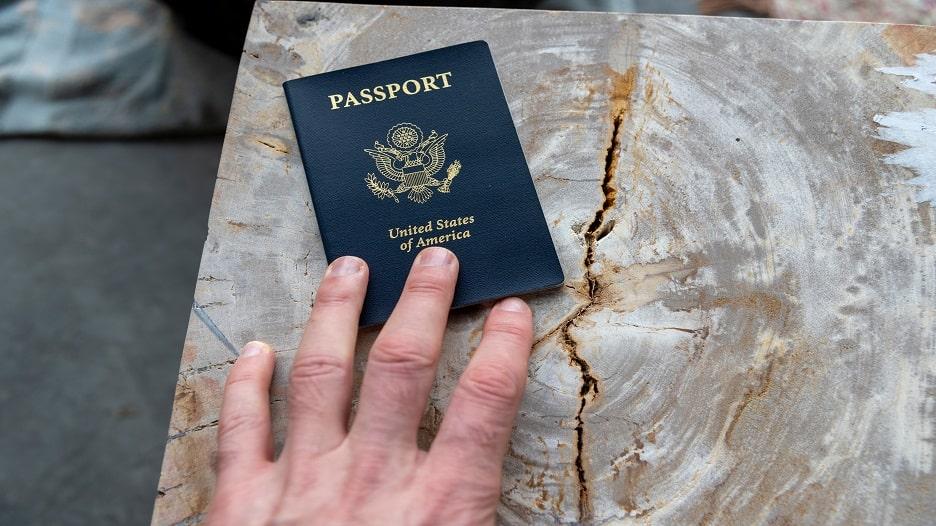

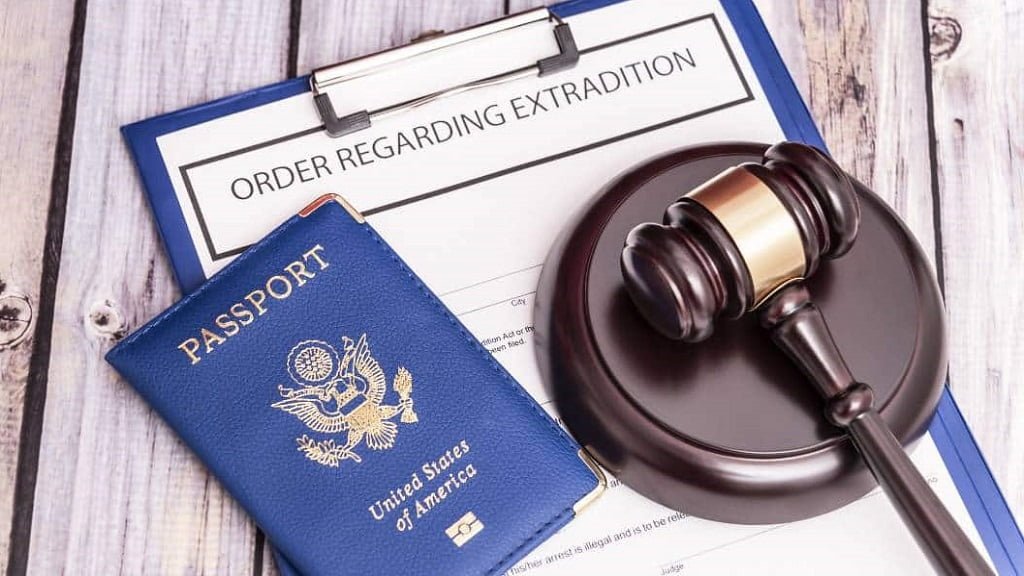
/GettyImages-183750539-56bf68a73df78c0b138e4ec7.jpg)
